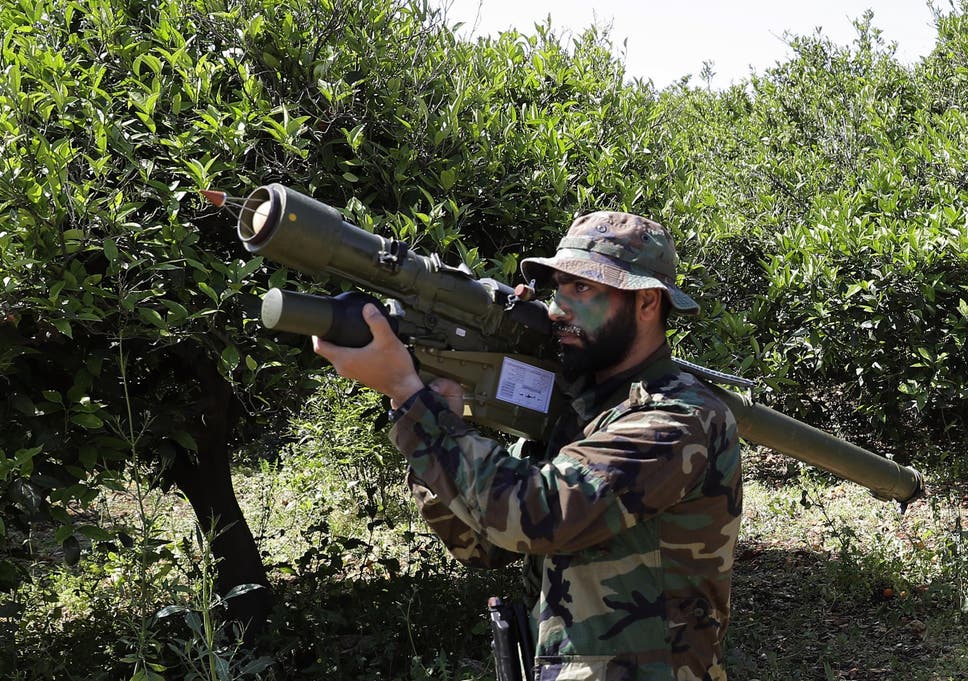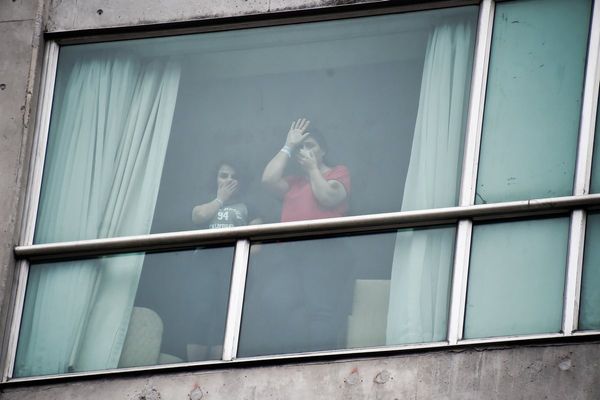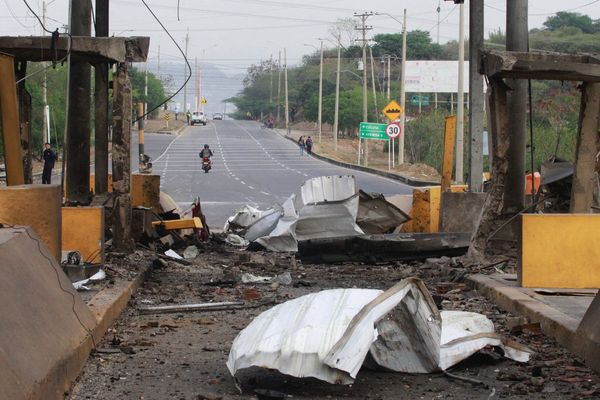
The Israeli army has launched an operation to uncover cross-border tunnels dug by Hezbollah from neighbouring Lebanon, which poses an “imminent threat” to civilians.
Excavators were seen working on the Israeli side of the border on Tuesday after an army spokesperson said an effort had begun to “thwart and neutralise” the underground network before they became operational.
The move is likely to raise tensions along the disputed Israel-Lebanon border, which has been relatively quiet since the last devastating flare-up of violence in 2006.
Over the past few years, Syria has become the primary battleground for the the two nations. Hezbollah, a powerful Shia militant group and political party with a presence in the Lebanese parliament, has sent thousands of fighters to support its ally president Bashar al-Assad. Israel, meanwhile, has carried out frequent air strikes in Syria to prevent the supply of weapons from Iran to its ally Hezbollah.
But as that conflict has wound down, both sides appear to be increasingly turning their attention to Lebanon.
Israel views Hezbollah as an existential threat due to its close relationship with Iran, and has made repeated threats to invade Lebanon to tackle the group. Hezbollah justifies its arms as a necessary deterrence against Israeli invasion.
Israel has watched with concern as Hezbollah has emerged from the Syrian war significantly stronger. Thousands of its fighters have gained valuable battlefield experience, and the group’s leader, Hassan Nasrallah, claims to have built up an arsenal of longer-range and more accurate missiles than when it last fought Israel in 2006. Speaking last year, he said there would be “no place that is out of reach of the rockets of the resistance or the boots of the resistance fighters”.
The group has made no secret of its extensive tunnel network in southern Lebanon, which it says is to deter Israel from attacking. In 2015, a report by Lebanese newspaper As-Safir, known for its pro-Hezbollah stance, published a detailed report on the group expanding its tunnel-building efforts. Many of the tunnels are built inside Lebanon, in anticipation of an Israeli invasion.
Israel, too, has been making preparations for a future conflict. In addition to striking Iranian targets in Syria to prevent arms supplies to Hezbollah, earlier this year it began building a large wall along the border, which has never been internationally recognised. And as recently as September, the Israeli army conducted large-scale drills in northern Israel simulating a conflict with the militant group.
Both sides have a history of using public threats as a means of deterrence, and of preparing for war in times of peace. But analysts said there was little risk of a major conflagration at this moment.
“Given Hezbollah has a history of digging tunnels in southern Lebanon, it wouldn’t be a surprise if they were using a tried and true tactic that has shown some success,” said Phillip Smyth, a fellow at the Washington Institute and a researcher on Shia armed groups.
“It wouldn’t be a shock if Hezbollah were planning something. However, even with their advancements in Syria, they seem to be taking things quite slowly,” he added.
In a briefing to journalists, Israeli army spokesperson Jonathan Conricus said the tunnels constituted “a flagrant and severe violation of Israeli sovereignty”. He added that an anti-tunnel task force has been operating for more than four years, and spent a year and half preparing for this operation.
Later on Tuesday, the Israeli army announced it had destroyed one tunnel, which it said was dug 25 meters underground and ran from an area to the south of the Lebanese village of Kfarkela into Israeli territory.
Lt Col Conricus claimed that the underground passage was a part of the “surprise component” of Hezbollah’s plan to infiltrate Israel and attack civilians or soldiers.
“We hold the Lebanese government responsible for all of these activities,” he added.
The Israeli operation began hours after Israeli prime minister Benjamin Netanyahu met with US secretary of state Mike Pompeo in Brussels, in which the two discussed “ways to halt together Iranian aggression in the region”. The administration of president Donald Trump has taken a significantly more aggressive stance towards Iran and Hezbollah than his predecessor.
Mr Netanyahu, who is also acting defence minister, is currently mired in a corruption scandal at home, which has led some to question the timing of the operation. Yoel Hasson, chair of the opposition Zionist Union, accused Netanyahu of “cheapening” the Israeli army. ”The bulldozer operation in Israeli territory leaves us no alternative but to question the timing and presentation” of the operation, he said.
“In the end the main reason is strategic and not political,” Amos Harel, defence expert and writer for left-leaning Israeli daily Haaretz, told The Independent. “But it might come in as useful, as the discussion moves towards policy and strategic threat and not politics and corruption.”
The last major battle between the two sides was sparked by a cross-border raid by Hezbollah in 2006 to kidnap two Israeli soldiers. Hezbollah had hoped to use the soldiers as to pressure Israel to release Lebanese prisoners, but it instead prompted a devastating Israeli attack that led to the deaths of more than 1,000 Lebanese civilians. Forty-four Israeli civilians were also killed by Hezbollah rockets.
Hezbollah was founded in the early 1980s with the support of Iran, and spent much of its early existence fighting Israeli troops who were occupying southern Lebanon.
Israel invaded Lebanon numerous times during the country’s 1975-1990 civil war, and occupied much of the south of the country for some 22 years.
During the occupation, Hezbollah dug extensive tunnel networks across the south of the country and used them to launch ambushes and move around unseen by Israeli jets. Today, it is possible for tourists to visit one part of that tunnel network, which has been preserved in a museum near the town of Mleeta.
Hezbollah declined to comment when contacted by The Independent.







